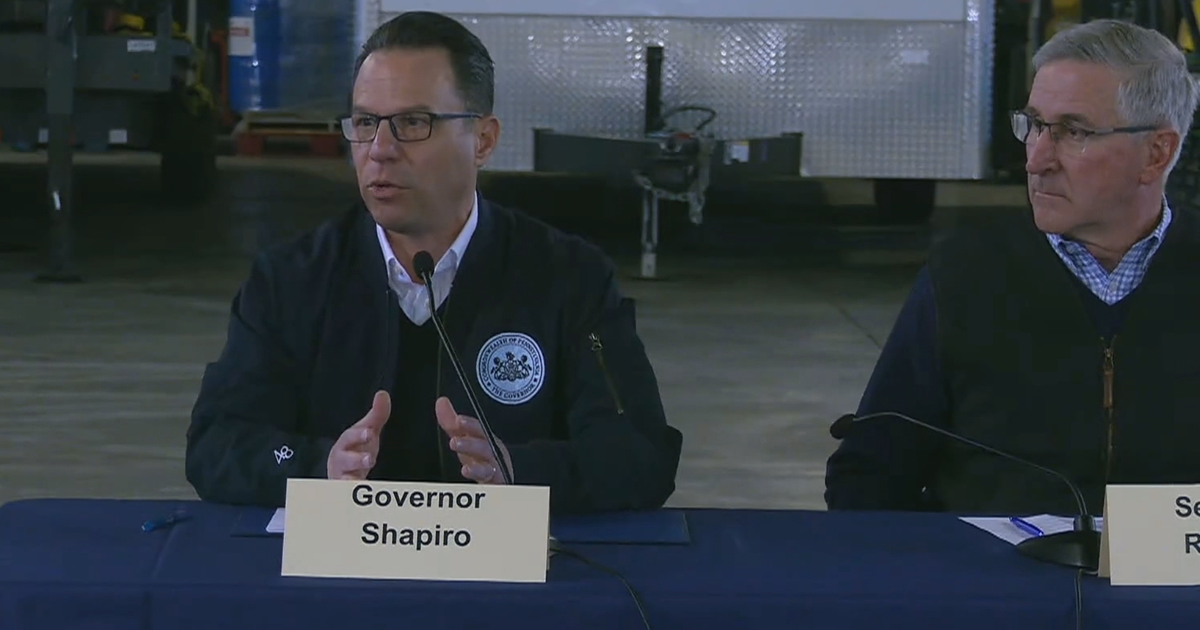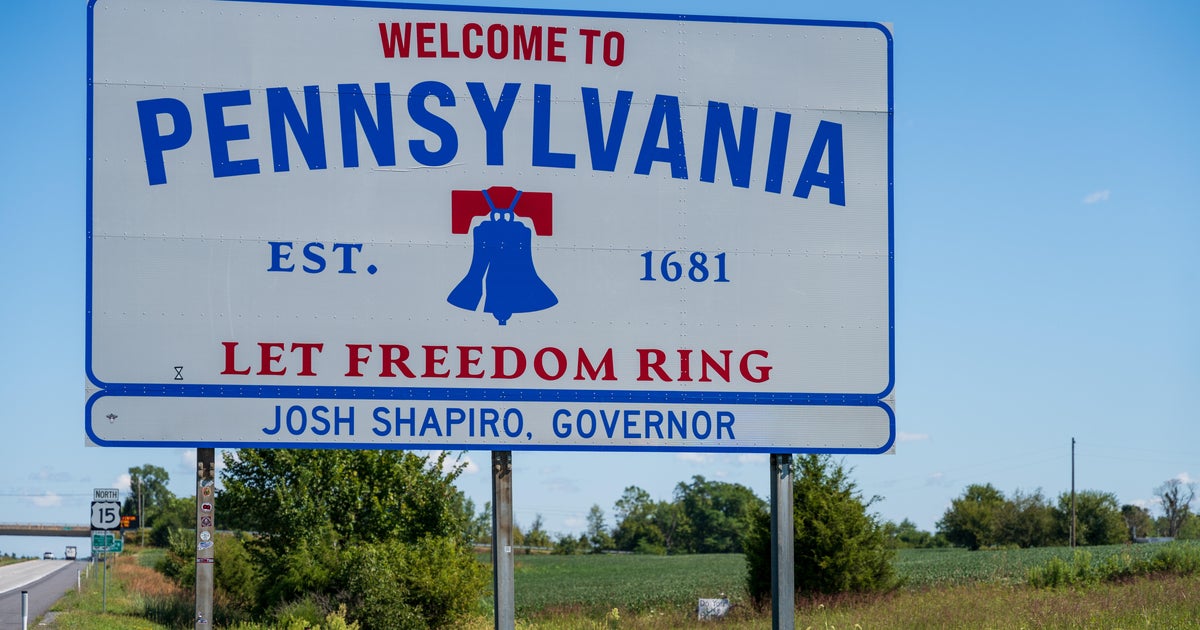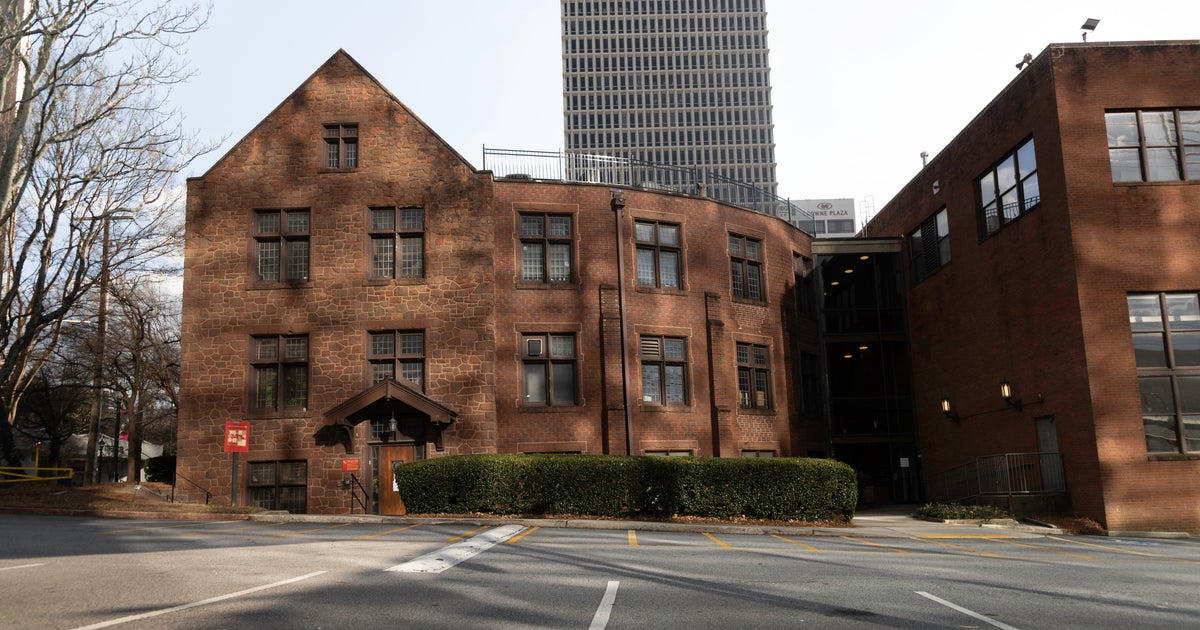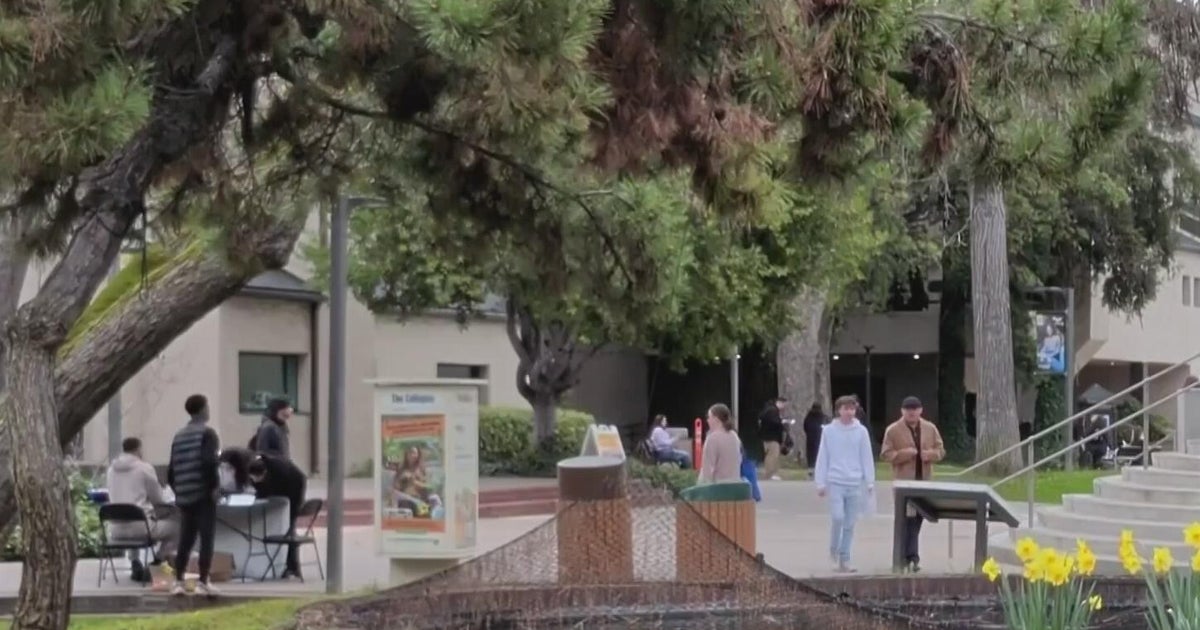Report: Pennsylvania automatic savings plan could close retirement savings gap
HARRISBURG, Pa. (KDKA) - Why don't Pennsylvania workers save more of what they earn?
The answer might seem obvious: because they don't earn more.
Actually, the answer, according to a new report, is more complicated, yet perhaps easier to solve.
Nowadays, most employees who work somewhere with a retirement plan – commonly a 401k plan – save some of their own money, in addition to whatever the employer might contribute. But most who don't – don't. In other words, according to Pew Charitable Trusts, which published the report, how much people save is a function not only of how much money they have but how easy their employers make it to save.
"If your employer offers a deduction, people are 15 times more likely to save," Pennsylvania Treasurer Stacy Garrity (R) said. Garrity urged a revival and passage of bipartisan legislation – which was introduced but languished last session – to join about a dozen other states (Oregon was first in 2017) in facilitating payroll deductions for simple retirement plans for small businesses.
"People are very likely to save at their jobs when they have payroll deduction," said John Scott, Pew's project director of retirement savings, speaking alongside Garrity. "It sort of runs in the background. You can set it and forget it."
Scott said the states whose programs are up and running have already enlisted 600,000 new savers, who have saved a total of $700 million.
The broader context: The retirement savings deficit will cost Pennsylvania nearly an estimated $18 billion between 2020 and 2035, according to a Pew calculation. That's mostly the cost of programs to help seniors who aren't self-sufficient but also the cost of lost tax revenue from people without the income to contribute.
Garrity said 44 percent of Pennsylvania workers, about 2 million, work for employers that don't offer payroll-deduct retirement plans. Almost all of those employers are small businesses – which, in turn, make up the vast majority of businesses in the commonwealth.
"I'm talking about the very small businesses," Garrity said. "Your restaurants, your hair salons ... What they say is, 'Stacy, we would love to offer our employees a retirement plan, but we don't have the bandwidth to do it.'"
"I think small businesses do want to provide benefits to their workers, and individual workers do want to save," Scott said. "They just don't always know how."
Which is not to say it's not worth figuring out how, even in the absence of a simplified system in Pennsylvania.
"You can certainly go online and set up an IRA" – an individual retirement account – "by yourself," Scott said. "You can walk down to your local bank, your local brokerage house ... even small amounts can be helpful in old age."
He said for example, although some people manage to save large sums of money, even a modest amount could enable someone to delay beginning to collect social security payments for a few years, which would mean higher monthly benefits forever.
Pew estimates average additional savings of as little as $36 per week, per household, could close the retirement savings gap.







